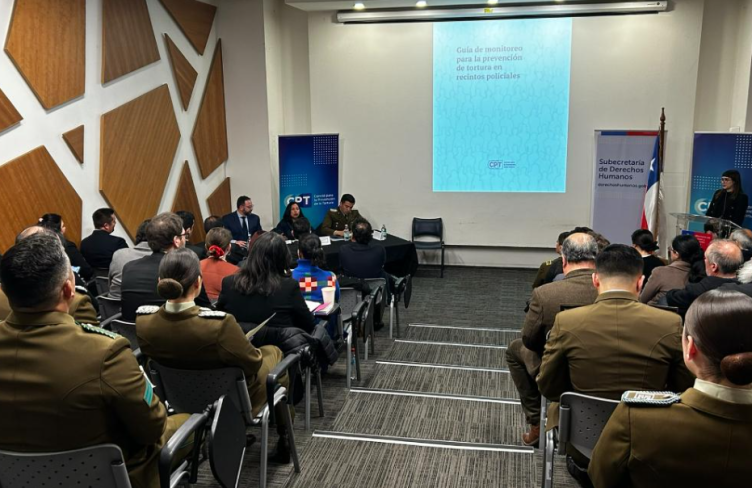
As Conor Foley states in his manual for judges and prosecutors, "preventing torture and other forms of ill-treatment is primarily an act of political or professional will and the responsibility to combat it extends to all those in authority in society".
That judges, prosecutors and other criminal justice actors bear this responsibility is something recognised by the National Judicial Academy (NJA) of Nepal. From 3-4 August 2012, the NJA with the support of the APT will host a training of trainers workshop for criminal justice actors. The objective of this workshop is to enhance understanding of the prohibition of torture in international law and to ensure these key actors are aware of their professional responsibility to prevent torture.
Matters to be discussed include the need for adherence to legal safeguards, such as the right of access to a lawyer and the right to right to medical examination, and obligations surrounding the duty to investigate acts of torture. Attendees will also hear about key areas of risk in the Nepali system with input from Advocacy Forum. Those in attendance will be equipped with the skills to conduct further training of their colleagues on this topic, and the issues covered will be included in NJA’s future training curriculum, thereby institutionalising this important subject matter for future judges.
Following this, the APT will host a one-day workshop for Nepalese judges on the content of the Exclusionary Rule and its application in Nepal. The Exclusionary Rule is the name given to the well-established principle in international law that evidence obtained by torture should be excluded from legal proceedings. As with the Training of Trainers workshop, this workshop will benefit from the expertise of Honorable Judge S.B. Domah of the Supreme Court of Mauritius and member of the UN Committee Against Torture, and Honorable Judge Kalyan Shrestha of the Supreme Court of Nepal, also the founding Executive Director of the National Judicial Academy of Nepal.


